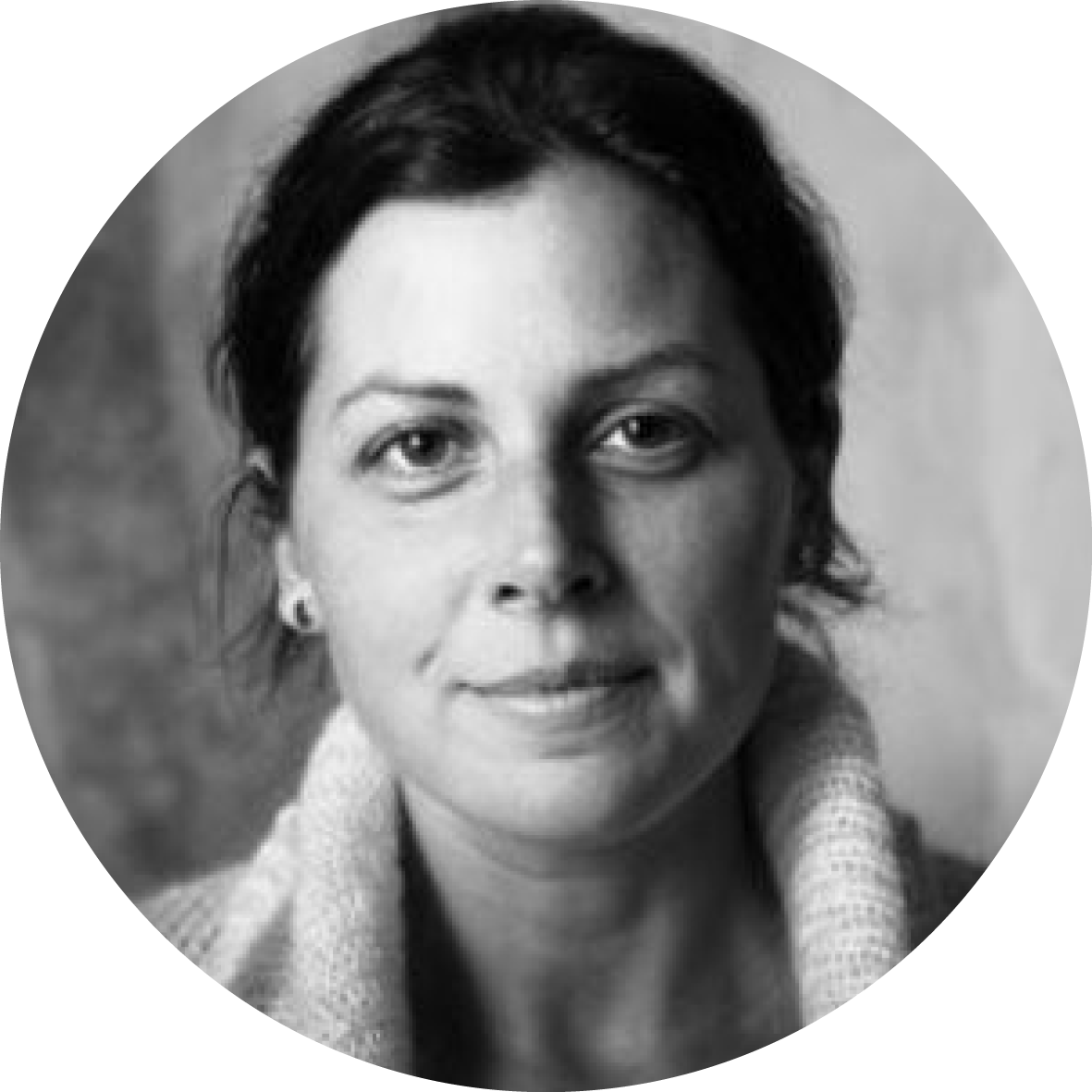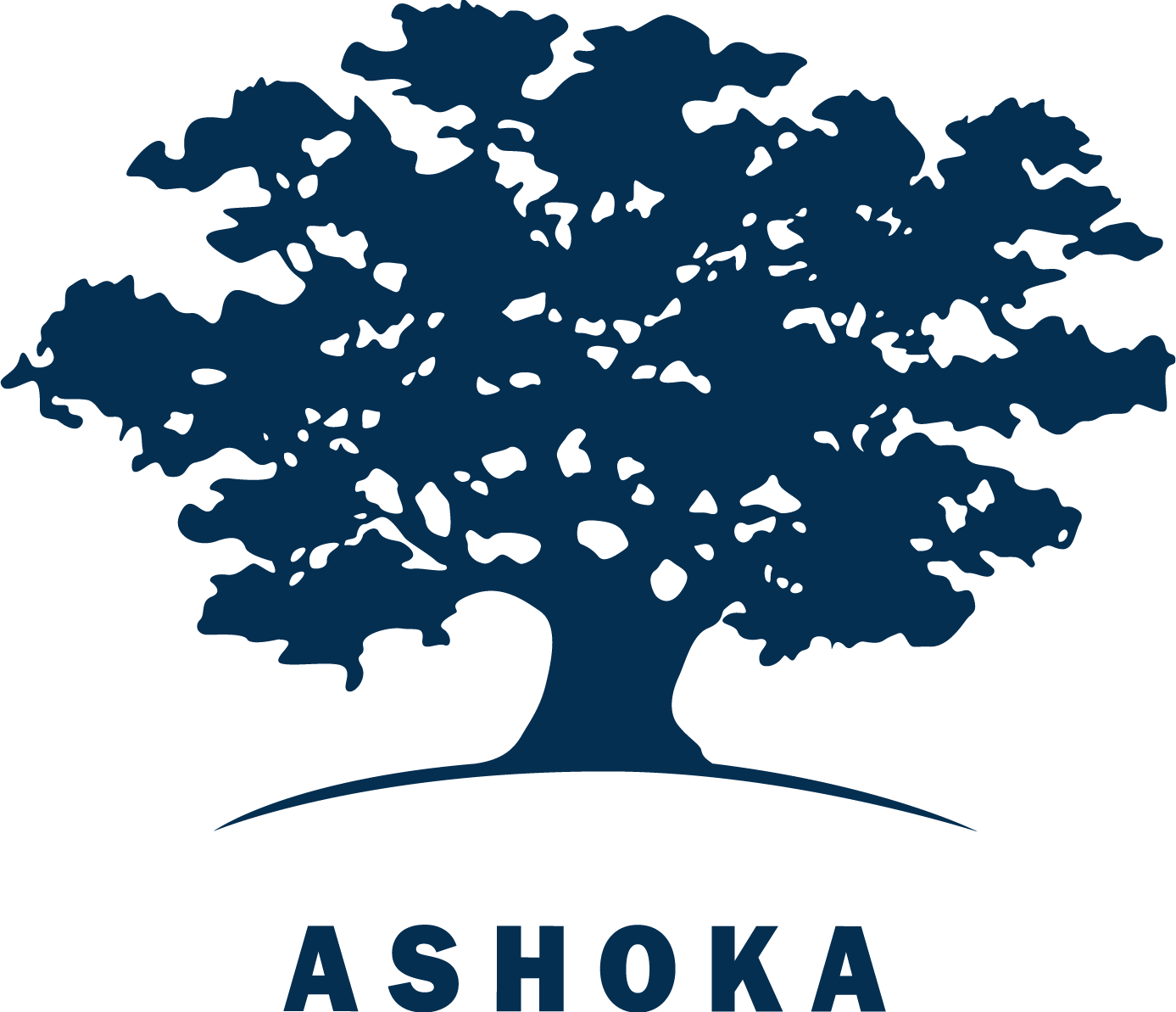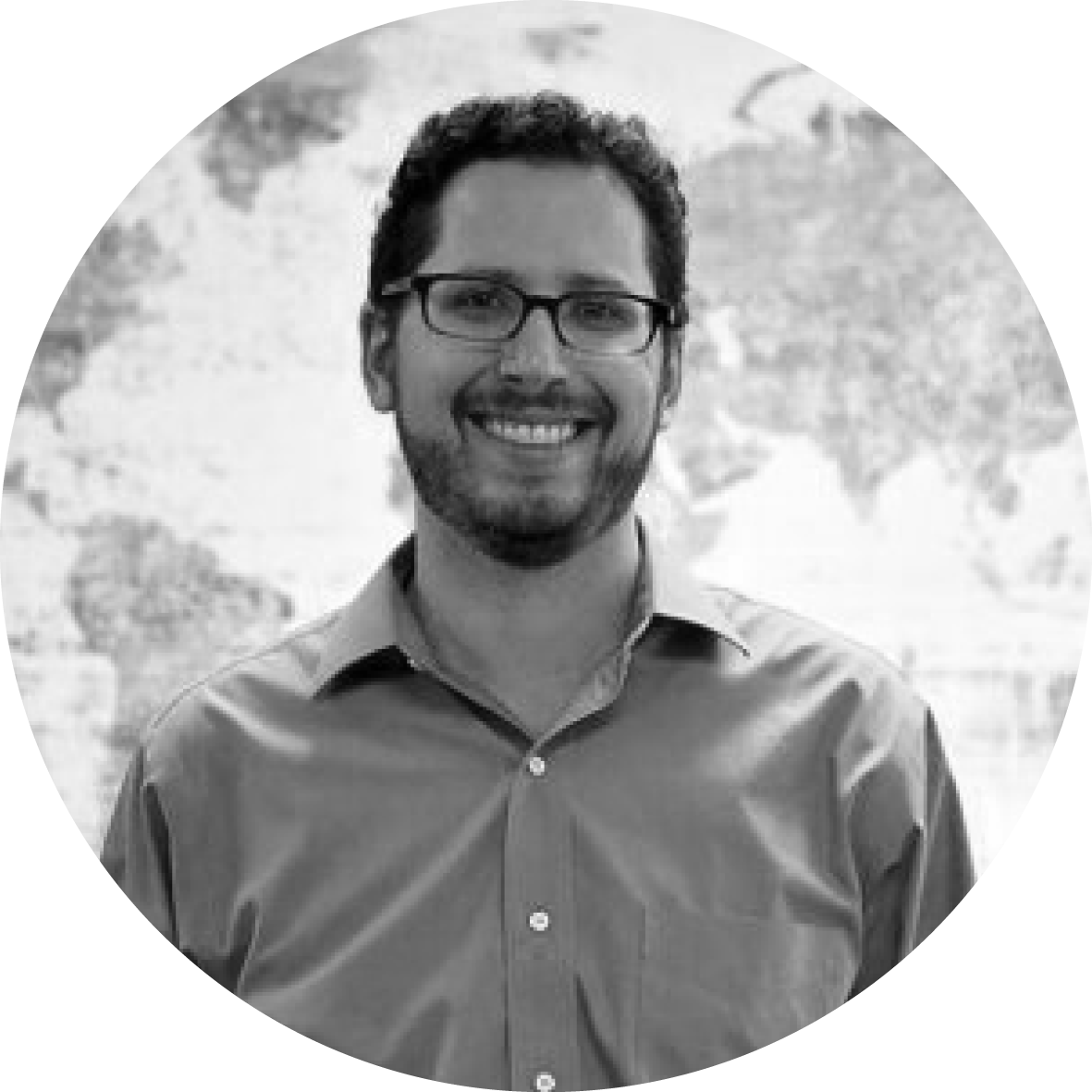+Solutions in The Nordics
Mitt Liv.
Jimmy Antonsson
Founded by Ashoka Fellow, Sofia Applegren.
Jimmy Antonsson is responsible for innovation and digitalization of mentorship programs at Mitt Liv.
The Problem
Unemployment amongst minority groups is much higher than the national average in Sweden. According to national statistics, the time it takes for newcomers that arrive in Sweden to secure a job is 5 to 7 years. Due to discrimination and the hosting society’s lack of awareness, people with a migration background are being excluded from the labour market. This exclusion creates frustration and segregation, resulting in enormous costs for the society
The Solution
Mitt Liv works towards an inclusive society and a labour market that values diversity. It does this by connecting Swedish businesses and competent work force with a migration background. Through mentorship programmes, Mitt Liv helps people improve their language skills, increase their knowledge of the labour market and expand their professional networks in Sweden. At the same time, through seminars, training sessions and networking events, companies obtain a greater understanding of strategic challenges and questions around diversity within the organisation.
The Impact
Every year, Mitt Liv works with approximately 500 people with a migration background. After participating in their mentorship programme, 51% of the participants secure a job that matches their competences within 5 months after finishing the programme (while only 1 out of 20 people achieve the same in the government’s employment agency integration programme).
“I want to see companies and candidates meet in a constructive way, recognizing and mitigating our prejudices and biases, and overcoming the differences in order to maximize the human potential as well as the company performance. Consequently, we can say “bye bye” to any type of discrimination, racist actions and bullying based on differences in colour, culture and so on.”
IDROTT UTAN GRÄNSER
Admir Lukacevic
Founded by Ashoka Fellow Admir Lukacevic
The Problem
In Sweden, more than 40% of children with an immigrant background live in majority immigrant areas while 55% of all children with a Swedish background live in majority native Swedish neighbourhoods. Diverse immigrant communities are increasingly segregated from local citizens; a problem that begins upon arrival of a migrant. This segregation is reflected in the schools and their students.
The Solution
Idrott utan gränser (IUG) wants to give children the opportunity to shape their own future. Through positive role models and meaningful sports activities, IUG empowers children and young people to be seen and confirmed. The project engages a network of municipalities, schools and sports associations to run sports activities during and after school hours as well as during holidays. The concept is based on seeing, praising and confirming the actions of each child, encouraging them to participate actively, to build social relationships, to fail and to feel free to say ‘no’.
The Impact
IUG reaches 26,000 children weekly in 97 schools across 6 municipalities in Sweden. After 12 months of participation in the programme, 42% more children dare to speak up when bullying occurs.
“In every school class there are kids who are not seen and by catching kids at an early age by introducing activities during school and after school programs, then we have the opportunity to shape their future in the best possible way.”
CATALYSTS
Lisa Cooper
The Problem
Many young people lack the support they need in making important life choices and as a result, are not completing school and are at risk of becoming outsiders in society. The high school dropout rate is 27% in Norway and 33% in Sweden. These rates are even higher for immigrant youth. Only 65% of young people with minority backgrounds are in education or employment, compared to that of 87,8% of the “Norwegian” youth.
The Solution
Catalysts focuses on increasing young people’s knowledge and awareness of their strengths, abilities and interests. Catalysts has a goal of building relationships, increasing the contact between cultural groups and breaking down the barriers that exist for young professionals and youth with a minority background, who are experiencing challenges when attempting to enter the labour market. They also work to reduce school dropouts in this group. Young people are paired with mentors with whom they have regular one-on-one sessions during a 12-month period. The mentoring and coaching programmes are based on concepts such as diversity management and appreciative inquiry. The mentors, in turn, change their mindset about youth with minority backgrounds.
The Impact
Catalysts ensure that they include a wide range of youth who are at a risk of dropping-out and facing unemployment. In 2018, they reached 960 youth across 5 regions in Norway and created 126 mentor relations.
“Our mission is to help all youth, regardless of background and nationality, to feel a sense of belonging, to finish their studies and build a solid path to employment through our mentoring program, which provides a caring adult contact, and an anchor to their local community.”
SISTERS IN BUSINESS
Sandra Tollefsen
The Problem
The employment rate for immigrant women in Norway is 49%. Due to various reasons, such as a lack of education, insufficient language skills and family circumstances, immigrant women have lower rates of participation in the labour market. Moreover, women (and men) with a migration background generally earn much less compared to native-born Norwegians, often as a result of the lack of education and training.
The Solution
Sisters in Business works towards creating jobs for immigrant women who are skilled in sewing and are not able to enter into the labour market for various reasons. The project’s model empowers immigrant women, helps them to find employment, expands their networks and, most importantly, strengthens their position in their local communities. It connects multiple sectors from private to public, including IKEA, municipalities, universities, volunteers and businesses.
The Impact
Through IKEA, Sisters in Business has established international ties for expansion, allowing the model to be replicated easily to increase its social impact.
STARTUP REFUGEES
Elisa Vepsalainen
The Problem
Refugees are unable to utilise their existing professional skills or educational backgrounds. Newcomers of working age end up wasting 3 to 6 years outside of the labour market and therefore on the outskirts of society, leading to passivity and loss of hope. Nordic countries are quickly losing the economic potential of newcomers, whilst labour shortage is growing in several fields and the lack of workforce is preventing the growth of companies.
The Solution
Startup Refugees seeks to find out the professional skills and experience of refugees and matches these with relevant local network members to create jobs and new businesses. Startup Refugees was founded in Finland and consists of 500 partners, including companies, government officials, NGOs, universities, congregations, research institutes, communities and individuals, that support newcomers to start businesses and enter the Finnish labour market.
The Impact
Startup Refugees mapped out over 2,300 refugees’ skillsets and professional goals in 11 Finnish cities. The results enabled them to provide employment and entrepreneurship support without causing difficulties for the staff in the reception centres of the Finnish Employment Agency. With the support of their network of over 500 companies, communities and individuals, they have offered 585 jobs, provided 3,500 opportunities in education and skills development (business workshops, courses, profession specific networking events etc.) and supported 60 newcomers to start their own businesses.
“It is not only a question of making a living, even though that’s important too. The job is a way for finding a place in a society, but also a big driver for self-respect.”
Icehearts
Ville Turkka
The Problem
Children end up in foster care as a result of poverty, addiction or crime. The affected children often face social exclusion and gain limited social skills as a result.
The Solution
Icehearts aims to prevent social exclusion by enhancing social skills and promoting the well-being of children in a vulnerable position. The organisation provides consistent long-term support for vulnerable children, when they are often met by numerous professionals and difficulties. The organisation uses team sports as a tool to engage children in social work. Each team is led by a mentor that supports children at school, after school and at home for twelve years. Older team players introduce the children to various educational paths and career opportunities.
The Impact
Over 600 children and young people are involved in the activities of Icehearts, together forming 37 teams. With this approach, the organisation has helped save approximately 9 million euros from public institutions.
“When the boys were 8 years old, we had a summer camp. We went swimming, skating and had a good time together. It was quite rough for me as an educator. Many of the boys had behavioural problems and quite often they solved problems by fighting. On the last day I gave them t-shirts as presents. Tears were running down my cheeks and one of the newest boys asked why I was crying. Another boy answered him: He is crying because he likes us so much.”
GAME
Morten Bo Andersen & Emily Ronek
The Problem
Disadvantages areas lack opportunities for children to engage in sport and afterschool activities. Such activities can help foster a sense of societal belonging, and its lack in children that grow up in deprived areas decreases their chances of employment. The increased negative effect of segregation in communities and schools, based on people’s socio-economic or ethnic background, contributes to reduced self-efficacy in disadvantaged neighbourhoods.
The Solution
GAME is a non-profit street sports organisation which creates lasting social change in disadvantaged areas. The organisation educates young volunteers to become leaders and role models in street sports and street culture. These ‘playmakers’ offer free and inclusive street sports activities in their own communities to help bridge differences. The programme brings together different urban sports, dance and urban culture.
The Impact
GAME works in 9 countries so far and engage 118,000 children in their activities yearly. With a total of over 15,000 beneficiaries and multiple activities, the project has played a prominent role in 30 local neighbourhoods in Denmark.
“For a lot of these kids, volunteers and participants alike, it is their first meeting with adults taking an interest in their situation. The continuous effort changes kids and volunteers before your very eye.”
FORENINGEN NYDANSKER
Susie Skov Nørregård & Torben Møller-Hansen
The Problem
Going from being a refugee to becoming a skilled worker is difficult, especially because of extensive language requirements within the vocational training system. In 2025, Denmark will lack 80,000 persons needed with a vocational education. Drop-out rates in vocational education were 51% in 2017, and currently 170,000 youth are not employed or enrolled in education (every 7th person between 15 and 29 years). This adds up to public expenses required for this group being 12-15 billion Danish Crowns per year.
The Solution
Foreningen Nydansker believes that diversity is a resource and paves the way for newcomers on the labour market in Denmark. The programme offers courses and counselling, provides services for companies and municipalities who wish to employ newcomers, and creates a network of mentors and professionals. This network is available for newcomers, immigrants and young people.
The Impact
Foreningen Nydansker is actively working throughout Denmark in 52 municipalities. Over 100 private companies and public institutions are a part of the network that promotes diversity in the workplaces. In 2018, the project initiated +600 mentorship courses and 60% of its mentees found employment, an internship or a place in education after completing the mentorship.
“I have come so much further than I expected. Before I was suicidal and miserable every day. Now I can manage things like education and everyday life. I know that my mentor is there for me, she listens, and she is being supportive – and she does it without getting payed. Our relation seems more genuine because of that.”
WELCOMING INTERNATIONAL
David Lubell & Vanja Panti
Founded by Ashoka Fellow David Lubell
The Problem
The recent influx in migration has caused unease and fear amongst long-time residents in communities worldwide. These fears are exploited by right-wing movements and foster a strong anti-migrant sentiment and unwelcome environment, hindering the integration process. Incomplete local integration of newcomers, due to a lack of local, multi-sector planning for demographic change and failure to listen to newcomers for the development of local policies lead to a decline in community cohesion in towns and cities experiencing growth in their immigrant and refugee populations.
The Solution
Welcoming International helps local communities adjust to and understand the benefits of demographic change. The project focuses on host community engagement; an approach that reduces anxiety and increases empathy among long-term residents in communities experiencing rapid growth in migrant populations. The project helps communities go beyond the typical “seed-focused” approach, and direct significant attention to engaging the native-born population in those communities where refugees and other migrants settle.
The Impact
Welcoming International, established in 2009 (as Welcoming America), works in over 160 cities and towns across the United States, supporting non-profits and local governments to transform their communities into inclusive places that allow everyone to thrive. A network of non-profit and local government members – currently in 85 US communities and including the US White House – is provided with intensive support as they develop plans, programmes and policies to transform their communities. After finding significant success in the US, Welcoming International is now scaling their approach to other countries, amongst which New Zealand, Australia, Germany, Spain, Portugal, Sweden and the UK.
“The current moment is one of unprecedented challenges – but also a unique window to build a unifying, global vision for our world that protects the rights of migrants while building stronger and more inclusive communities that work better for everyone.”
“Communities across the globe are stepping up and taking brave stances in the support of migrants, often in direct contrast to their national governments. We launched our Welcoming International program in order to help this movement reach its full potential with proper coordination, support, and strategic vision.”
ACAF/Winkomun
Jean Claude Rodriguez (Fellow) | Abdoulaye Fall (CEO)
Founded by Ashoka Fellow, Jean Claude Rodriguez
The Problem
Refugees and new migrants are often excluded from the financial structures that allow them to fully integrate into their new community.
The Solution
ACAF is a cooperative organisation with the goal of fighting financial and social exclusion by creating and supporting self-financing communities. ACAF works with self-sustaining financial groups led by immigrants to promote networking and support their basic financial needs. These communities are small groups in which the partners – normally between 10 and 30 people – can participate through small contributions. ACAF’s proven efficient methodology is Winkomun; a solution that is expanding throughout Spain and to other European countries with low income and migrant population.
The Impact
Winkomun has expanded to 7 European countries and created a free online platform to allow anyone from around the world to access their methodology and set up a worldwide network of self-funded communities. The methodology is now in use in more than 15 countries in 4 continents, with more than 500 groups benefiting over 9,000 people directly and over 32,000 people indirectly.
“As an economic migrant, my life trajectory would never be this successful without my Self-Funded Community. It provided me with a network of support that alleviated the hardship that marked my early years in Barcelona. As the Program Manager of the Self-Funded Communities Association now, I ambition to help migrants generate the assets they need to provide for themselves and live in dignity.”



















